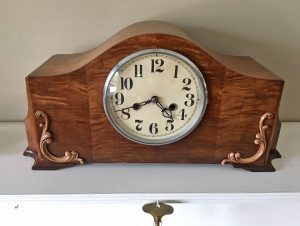 I bought an antique mantle clock recently. I’ve always appreciated old clocks and have been toying with the idea of one for a while, and finally pulled the trigger on a little 1938 beauty made of walnut.
I bought an antique mantle clock recently. I’ve always appreciated old clocks and have been toying with the idea of one for a while, and finally pulled the trigger on a little 1938 beauty made of walnut.
My clock was made in England by manufacturer Smiths-Enfield, and would have come on the tail end of a fairly productive period for clock making in England. When war broke out in 1939, most if not all of these companies turned their attention to the war effort. Clock making continued in the war years, but at a trickle. Read more
 But the best place? Go sit in a hospital emergency room for a while, because these places are teeming with humanity. An ER is a window to the world of how people respond, cope, survive (or not), how they give and take, how they communicate and, well, everything in between.
But the best place? Go sit in a hospital emergency room for a while, because these places are teeming with humanity. An ER is a window to the world of how people respond, cope, survive (or not), how they give and take, how they communicate and, well, everything in between.
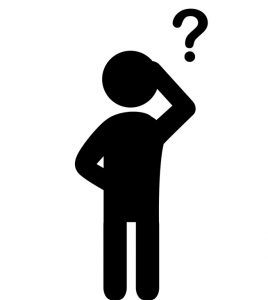 I like planning. I like being organized. I like being methodical, chronological, practical, predictable. It’s not in my DNA to wander the literary landscape without a map, without a plan. And yet this is exactly where I find myself after recently having completed my 13th novel (due for publication this December by Bella Books).
I like planning. I like being organized. I like being methodical, chronological, practical, predictable. It’s not in my DNA to wander the literary landscape without a map, without a plan. And yet this is exactly where I find myself after recently having completed my 13th novel (due for publication this December by Bella Books).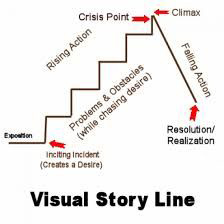
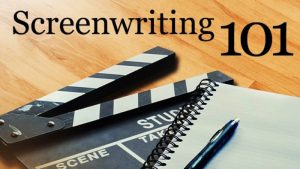
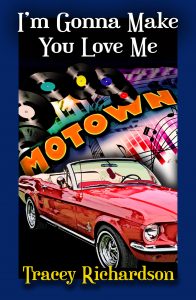 Writing a novel is really like putting a puzzle together. Characters, plot, setting, theme, dialogue, emotion. Or perhaps it’s more like cooking a stew.
Writing a novel is really like putting a puzzle together. Characters, plot, setting, theme, dialogue, emotion. Or perhaps it’s more like cooking a stew.
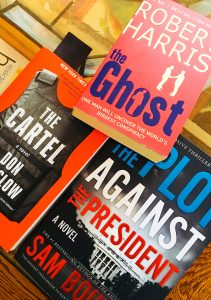 ht say the antithesis to the romance genre is suspense/thriller. You know, people getting killed versus people falling in love. What could be more polar than that?
ht say the antithesis to the romance genre is suspense/thriller. You know, people getting killed versus people falling in love. What could be more polar than that?